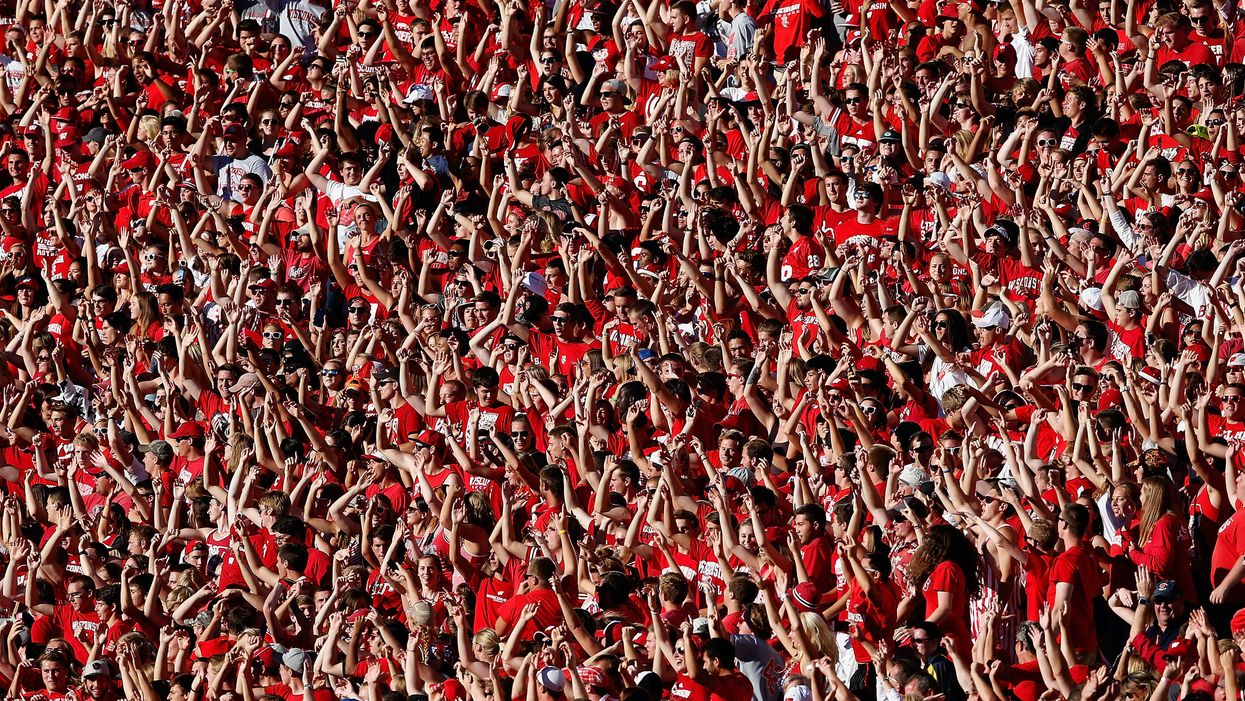Wisconsin's rules limiting student IDs at the polls are so strict they violate the constitutional right of young people to participate in democracy, a progressive group alleges in the latest lawsuit claiming voting rights violations in 2020 battleground states.
The suit, filed this week, asks the federal courts to block enforcement of the rules during the 2020 election, when the state's 10 electoral votes will be hotly contested. Last time, Donald Trump carried Wisconsin by less than 1 percentage point, breaking a seven-election winning streak for the Democratic nominees.
And suppression of the youth vote was a big reason why, the lawsuit alleges. It notes that while college-age turnout increased nationwide by at least 3 percent between 2012 and 2016, that same figure across Wisconsin declined at least 5 percent and in some parts of the state more than 11 percent.
The suit is one of at least a dozen filed this fall by progressive and civil rights groups alleging that improper barriers to voting have been raised in nine states, most of them with Republican governments but places where a Democratic nominee has the potential to compete next fall: Arizona, Florida, Georgia, Indiana, Michigan, Minnesota, Mississippi, North Carolina and Texas.
The voter ID law at issue in Wisconsin was enacted in 2011 by an all-GOP power structure in Madison.
"While this decline is alarming, it is not surprising," the suit says. "It was precisely what the Wisconsin Legislature and former governor Scott Walker intended" when they enacted the voter ID law.
The claim was filed against the Wisconsin Elections Committee by the Andrew Goodman Foundation, which advocates for expanded political power for young people. It was created by Goodman's parents to honor their son, who was one of the three civil rights workers killed by the Ku Klux Klan in Mississippi in 1964.
The law allows a student to use a school ID as proof of identification at the polls only if it contains the issuance date, an expiration date no more than two years later and the holder's signature. Most IDs normally issued by Wisconsin colleges, universities and technical schools still do not meet those requirements.
The liberal super PAC Priorities USA estimates that without the law an additional 200,000 ballots would have been cast in the state, which Trump won by just 23,000 votes.
The suit asks the court to declare the ID law unconstitutional and block Wisconsin officials from enforcing it.
"What we continue to see in Wisconsin and other states around the country is that as student voter participation increases so do state-sponsored efforts to restrict their access to the ballot box," said David Goodman, president of the foundation.
The suit says the restrictions violate the 26th Amendment, which lowered the voting age to 18 nationally in 1971.
A separate and much broader challenge to Wisconsin's election voter IDs laws is before the 7th US. Circuit Court of Appeals.




















Trump & Hegseth gave Mark Kelly a huge 2028 gift